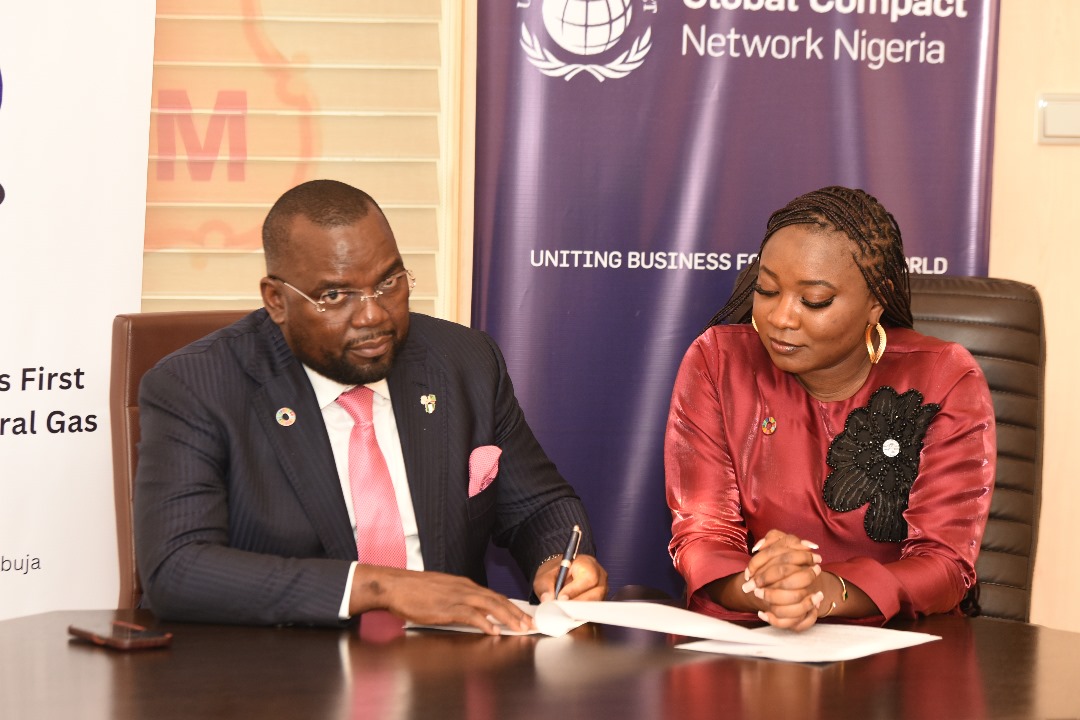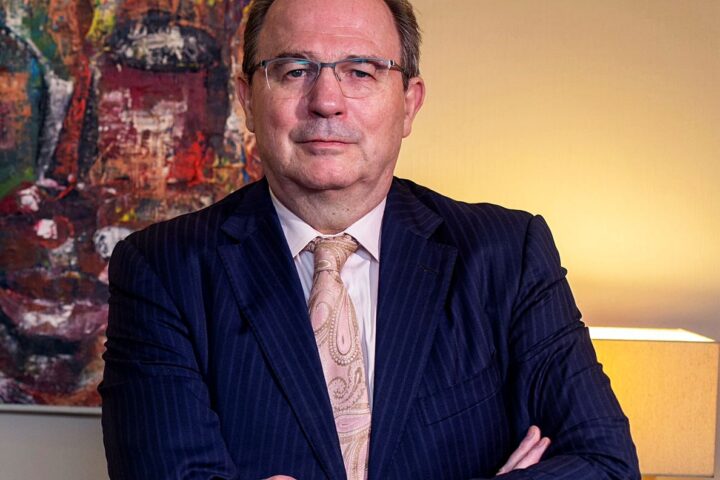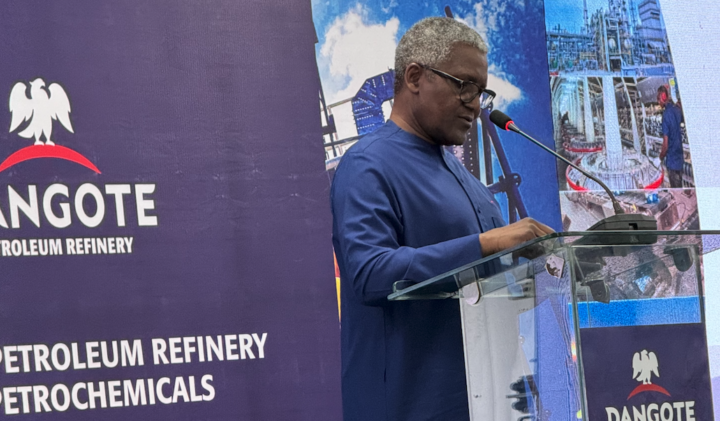
The Nigeria LNG Limited (NLNG) has advocated the need for Nigeria to raise her game on gas in view of the emerging global energy transition.
Speaking on Wednesday in Lagos at the 2021 Society of Petroleum Engineers (SPE) Nigeria Annual International Conference and Exhibition (NAICE), Managing Director, NLNG, Tony Attah said the development would be in the best interest of Nigeria
He said the decade of the gas initiative of the Federal Government was a welcomed development and should be sustained by enacting the right policies, increasing gas reserves and developing gas infrastructure.
Nigeria had both oil and gas resources and should emulate Dubai and Qatar that had uses the hydrocarbon assets to add value to their countries.
He said there was a need to address the challenges of gas pricing, supply economics and customers’ affordability to deepen gas utilisation in Nigeria.
According to him,one of the critical gas infrastructures was the NLNG Train 7 Project, which would ramp up NLNG’s production capacity by 35 percent from 22 million MTPA to around 30 million MTPA.
He revealed that the project would also create about 12,000 new jobs and an additional 40,000 indirect jobs.
He said his company has so far spent about $200m on Corporate Social Responsibility (CSR) programmes as part of measures to add value to Nigeria.
He also said NLNG also paid $13 billion to the Nigerian National Petroleum Corporation (NNPC) for feed-gas purchase and $16 billion in dividends to the Federal Government.
















